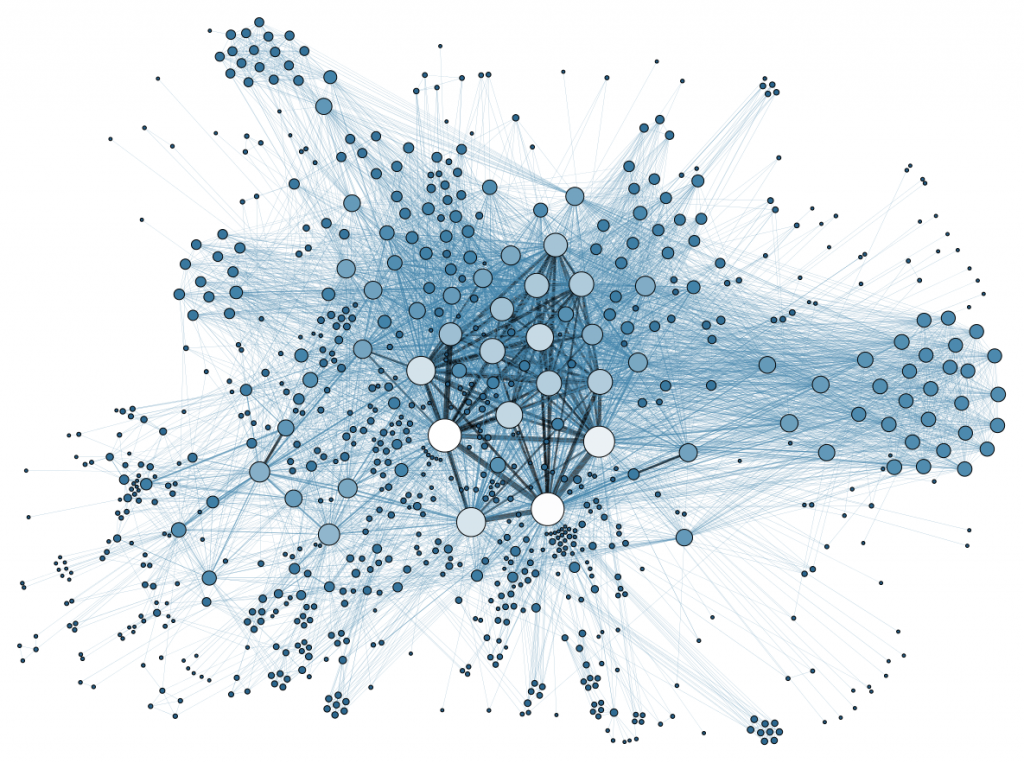Following on from our last post we are pleased to announce the Visualising Medical History invitation to tender is now live from this link.
To register interest in this opportunity follow these steps:
- you will first need to register on the Janet procurement portal via the button on the right. You will be asked to provide details and will be sent a username and password for the portal via email.
- once registered you will be able to Login and Register Interest for this opportunity. Once you have done this the full tender opportunity will be available to you including the Statement of Requirements, response document and details on how to upload your response.
The deadline for responses is 18 May 2015. Clarifications can be raised until 13 May using the Question and answers button on the procurement portal.
If you have any queries about using the procurement panel there are support and help buttons on the right hand panel of the pages on the site.
Project details
The aim of the Visualising Medical Heritage project is to develop data visualisations which will support access and engagement with the 19th Century medical history books digitised as part of the UK Medical Heritage Library (UK-MHL) project. These visualisations will be integrated into the Jisc Historical Texts platform as part of a separate work package.
Project rationale
The rationale for using data visualisations to access the UK MHL came out of discussions with the Academic Advisory Group assigned to the project. They noted that when making such a large corpus available digitally it raises a some important questions:
- When millions of digitised pages sit “behind a keyword search box” how does a student make sense of the full extent of what is available?
- Lacking the visual clues and serendipity that a traditional library set-up provides, how can teachers convey the broader context in which this literature was produced?
- How can digital technology stretch the traditional way of “searching” content and support the identification of key concepts, themes and connections within the digitised texts?
- How do scholars sift through and prioritise long lists of search results that may have been generated through more traditional searches?
- How do they account for OCR imperfections?
- And how can the interaction between text and images be represented, and the integrity of texts kept?
These questions highlight two different audiences for this project: students and teachers on the one side and scholars on the other. A recent conference broached the subject of using visualisations to meet the needs of both audiences:
“On the one hand, cultural institutions are experimenting with new visual interfaces to showcase their collections by visualizing artefacts along diverse dimensions; on the other hand humanities scholars are developing methods for digital scholarship using visualizations for literary analysis, cultural analytics, and digital archaeology. These developments are creating new opportunities for rethinking the way with which digital collections are displayed, analyzed, and explored.”
The successful contractors for this project will analyse the UK-MHL exploring common concepts, trends and semantics within the data to produce data visualisations. For students and teachers the visualisations will support digital literacy and engagement with the content whereas for scholars and researchers visualisations will provide more a more advanced means to interrogate the corpus.
The methodology is left open to the contractors provided it includes engagement and approval from the Academic Advisory Group attached to the project. We expect contractors to propose teams made up of subject specialists (medical historians, digital humanists etc.) and technical specialists (data/computer/information scientists etc.).
If you would like more details about the background of the project please contact the Project Manager Alex Idris Thomas: alex.idris-Thomas@jisc.ac.uk


